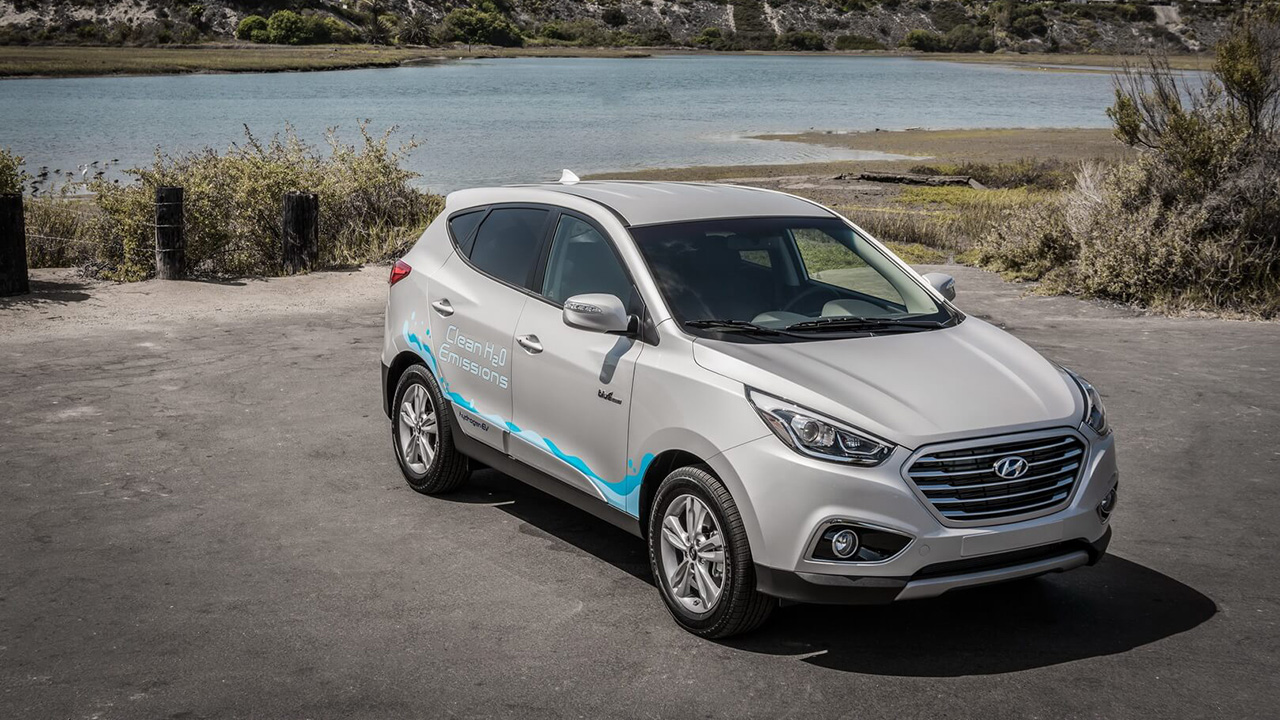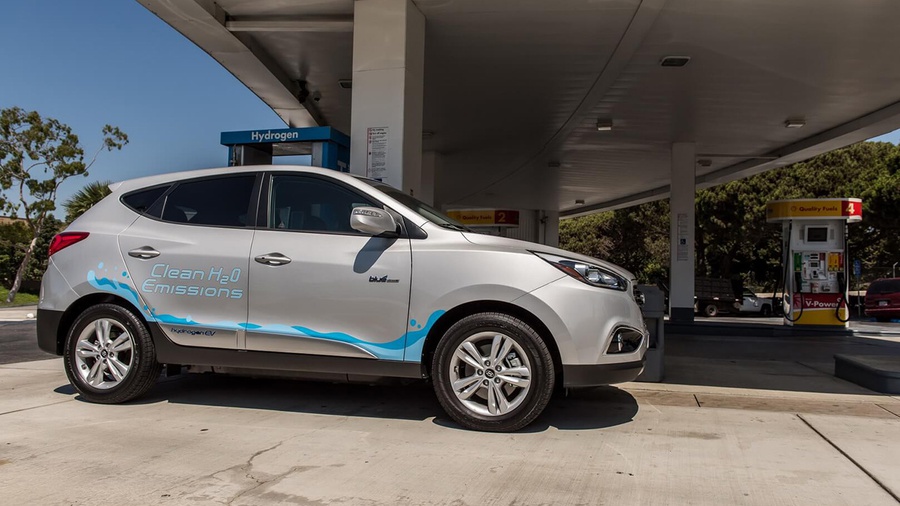Till Westberg, a businessperson from Bad Homburg, Germany, bought a new Hyundai ix35 FCEV in 2016 for €50,200 ($55,089) to replace his plug-in hybrid Toyota Prius. The small SUV with a hydrogen fuel cell operated without any issues for seven years. During that time, the owner drove a total distance of 84,000 kilometers (52,195 miles).
Although there was initially no refueling network in the area, which forced Westberg to drive as much as 114 km (71 miles) to refill the hydrogen tanks, he was very pleased with the FCEV's quick acceleration, silent operation, and driving range of 450-500 km (280-310 miles). However, the Hyundai stopped working without any apparent reason and showed an error message on the screen each time the owner tried to start it.
The staggering €103,764.17 ($113,885) repair bill is primarily attributed to the fuel cell, which costs €84,875 ($93,043) before tax. The reason for such a high cost is that the ix35 FCEV was a vehicle with limited production, it had expensive technology and very few spare parts available. It's obvious that nobody is willing to pay such an amount for service of a used vehicle, and the serious defect will end the use of the FCEV.
Westberg is dissatisfied with the outcome and requests that Hyundai takes the car back. The automaker stated that it does not make economic sense to repair the vehicle and is working to find alternate solutions for the customer.
The Hyundai ix35 FCEV was produced between 2013 and 2018 and was later replaced by the Hyundai Nexo. For those who are curious, the spare part for a mass-produced Nexo fuel cell costs €41,650 ($45,676), but Hyundai claims it is designed to last 10 years or 5,000 hours of operation before needing service.
Currently, the Toyota Mirai is the only other fuel cell vehicle in the market as Honda Clarity has been discontinued and BMW's first production FCEV with Toyota technology won't be available before 2030.
Source: Autobild


